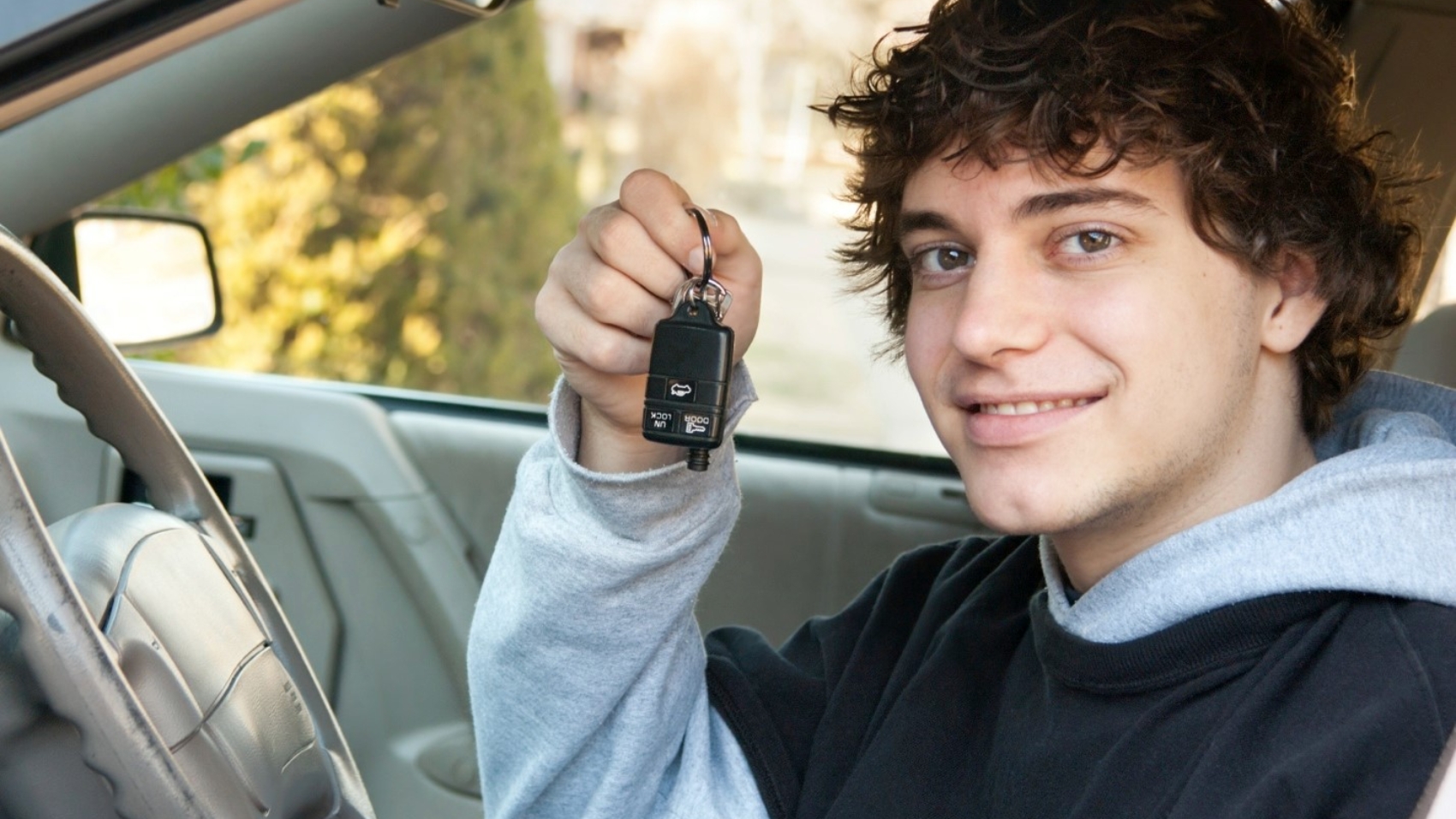Few things are scarier than a teenager who has just gotten his or her driver’s license. But if that teenager is your son or daughter, they’re going to be looking to you to teach them how to drive safely.
Statistics show us that teaching teens to drive safely is crucial not just to keep them safe, but also to make sure that others don’t get hurt. According to the Centers for Disease Control, 2,800 teens in the United States ages 13–19 were killed and about 227,000 were injured in motor vehicle crashes in 2020.
And even though people 15-24 years old only represent 14 percent of the U.S. population, they account for 30 percent ($19 billion) of the total costs of car accident injuries among males and 28 percent ($7 billion) of the total costs of car accident injuries among females.
That’s why safe driving is an invaluable skill for teens to learn and practice. And what better way to learn than from their parents?
If you are currently trying to teach your teen to drive safely or will be doing so sometime in the future, here are a few things you should make sure they learn.
The value of seatbelts.
Seatbelts are always required! But besides “Click It or Ticket,” seatbelts are also lifesavers. In 2021, only 56 percent of teens involved in fatal car crashes were wearing seatbelts, according to the National Highway Traffic Safety Administration. And only about 80 percent of teens even admit to wearing seatbelts – the lowest percent of any age group.
Since seatbelts can reduce serious injury and death from a crash by nearly half, make sure your teen knows that seatbelts aren’t optional – even if they’re just driving a short distance.
Distracted driving
Many teens love the freedom that comes with driving, but often forget about the responsibility that comes with it. Teens – and anyone who is behind the wheel – should focus solely on driving and ignore distractions. That includes texting, eating, drinking, playing with the radio, putting on makeup, and even talking to passengers.
Although all other activities should halt when driving, using a smartphone is the biggest distraction because it can use up to 37 percent of your brain power – which is 37 percent of your brain not focused on driving.
Passengers
Driving with one passenger for 16- and 17-year-olds has been shown to increase the likelihood of a crash by close to 50 percent. For this reason, you should limit the number of passengers your teen is allowed to have in their car. As they gain experience and confidence, you could loosen your restrictions. The more people in a car, the more distractions that are available.
Night driving
Driving at night is riskier for teens than driving during than day due to visibility issues in the dark, slower response times, and simple lack of experience. So you should limit your teen’s night driving when they first obtain their license.
Our state also recognizes the risk in night driving and has set restrictions based on age. For the first 3 months of having a license, a 22-year old can only drive during daylight hours. After 3 months, they are allowed to drive until 10 p.m. Sixteen-year-olds can drive until 11 p.m. and 17-year-olds can drive until 1 a.m. Once someone turns 18, however, there are no restrictions.
Rules of the road
When anyone has a license, they are consenting to follow the rules of the road. This means that they have to brake at stop signs and red lights, use signals to turn, drive within the speed limit, and follow any other road signs or regulations. By adhering to the rules of the road, the chance of an accident is greatly reduced. So if your teen is caught breaking any of these rules by a police officer, they should know not only will they have to deal with the traffic ticket, but they will also have to deal with consequences at home.
Drinking and driving. Although anyone under age 21 is not allowed to consume an alcoholic beverage, many teens still do. With this in mind, it’s imperative make sure your child knows the dangers involved in driving while under the influence of alcohol or any drug. DUI accidents, unfortunately, are often the most serious and potentially fatal accidents and your teen should never drive if they’ve been drinking. Tell them that regardless of the time or where they are, they should always call you for a ride instead of choosing to drive home.
Teens love the independence that comes with being able to drive, but as a parent, you should remind them that driving is a privilege. And if they break the rules or don’t drive safely, teens should know that their driving privilege could be taken away for the safety of themselves and everyone else on the road.






